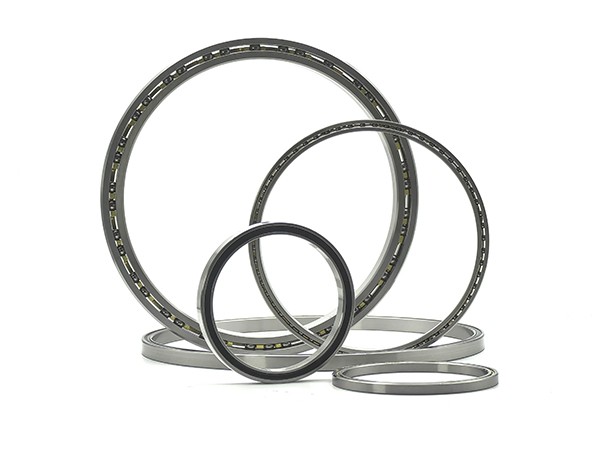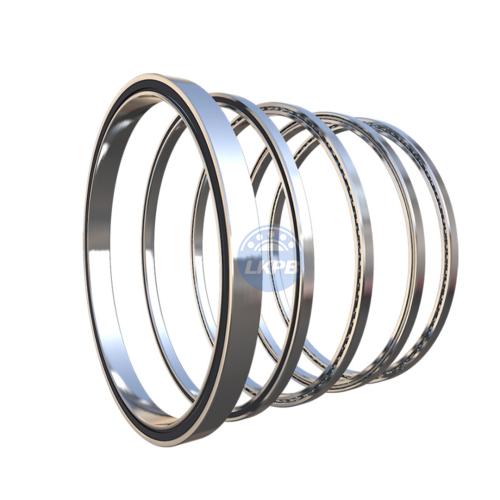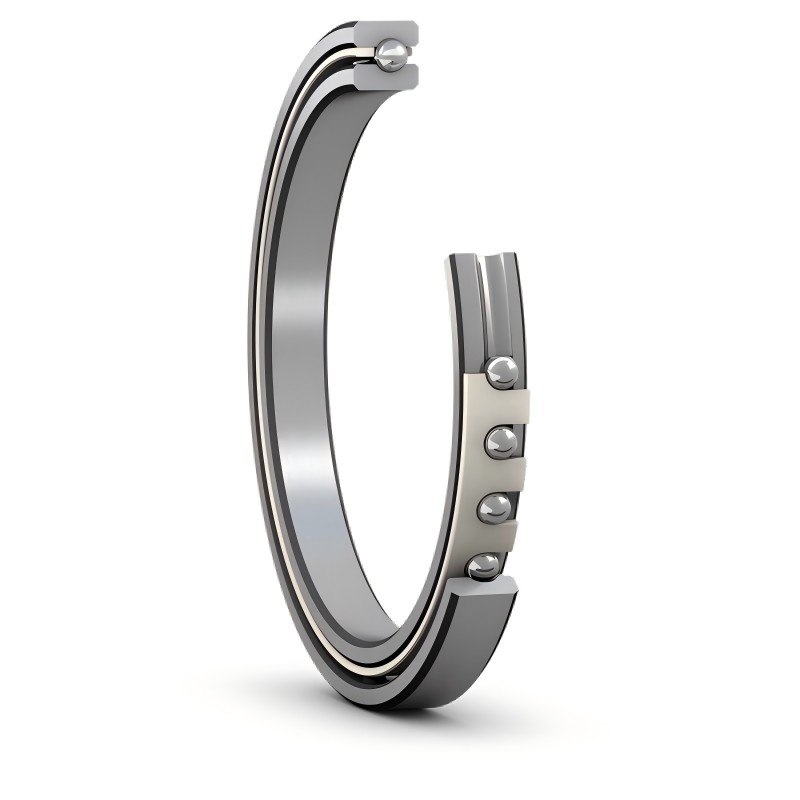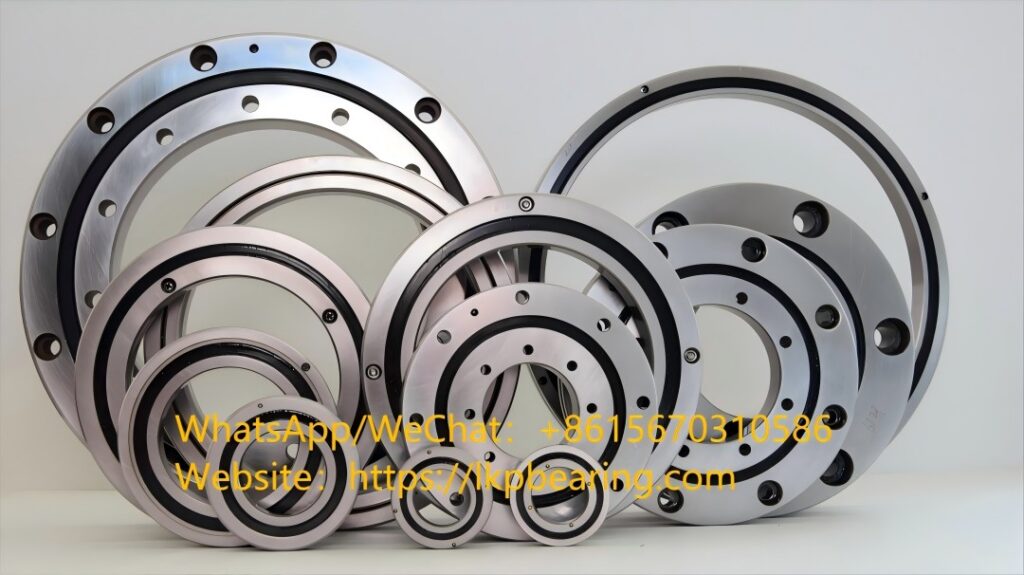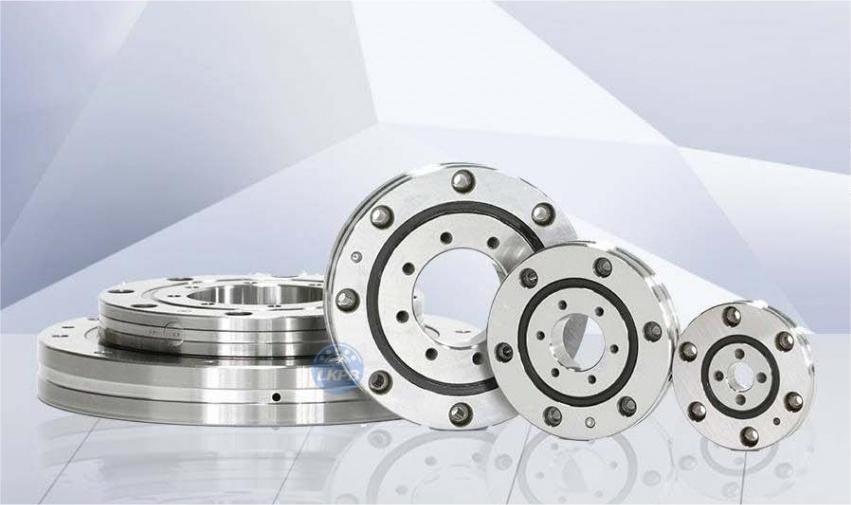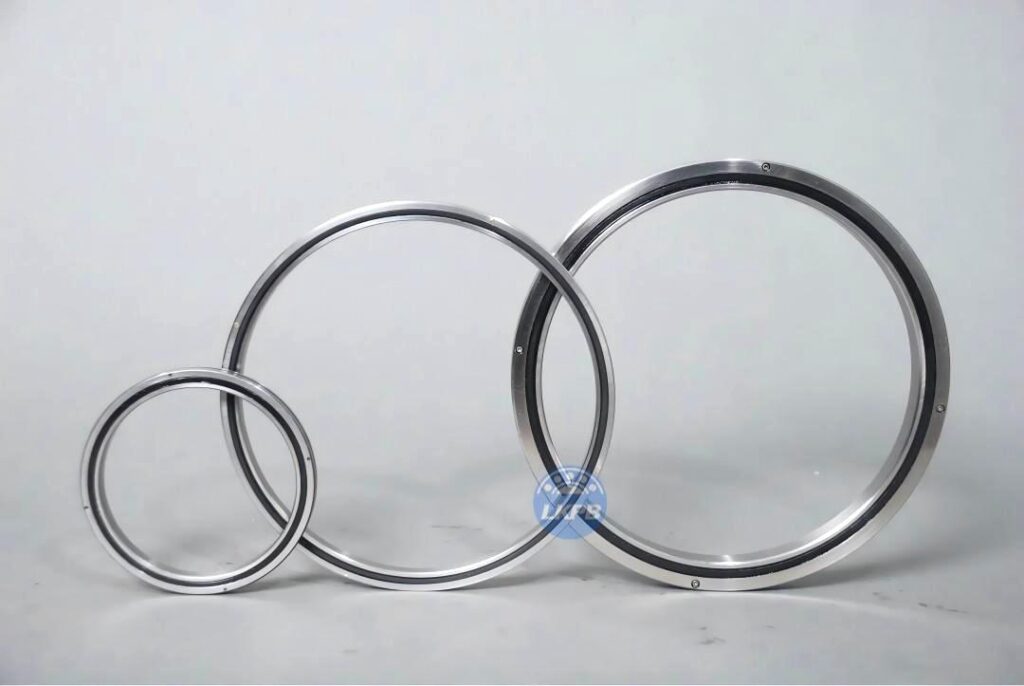Choosing an appropriate industrial bearing for your machinery from the vast array of products is in itself a highly challenging affair. Therefore, one must be well-versed in determining the factors influencing their choice. This guide will orient you on critical considerations, types of bearings, and tips for finding and working with a supplier and manufacturer.
This guide will allow you to learn about standard bearings, as well as those with non-standard customization, along with their OEM options.
Understanding Your Machinery Needs
It is essential to know precisely what your machinery needs before opening any list of available types of bearings. In this connection, do not forget the load, the speed, and the environment under which the bearing will operate. All these will heavily impact what type of bearing will be good for you. Moreover, knowing all these things about your machinery will enable you to communicate with your bearing supplier and manufacturer easily.
Load and Speed
The load and speed at which your machinery runs are, in fact, critical factors in choosing the correct bearing. Bearings are designed to sustain loads at various speeds, so selecting this kind of bearing is very capable of answering the needs of your machinery to avoid premature failure and costly downtime.
Operating Environment
The environment where the machinery will run matters very much in the selection of bearings. Considerations are to be given to temperature, humidity, and exposure to contaminants. Some are specifically designed for operating in harsh environments, so a proper one must be chosen.
Industrial Bearings Types
There are various kinds of industrial bearings available in the market, and, of course, each of them carries its own set of advantages and disadvantages. Some prevalent types include:
Ball Bearings
Ball bearings are the most popular and applicable over a wide range. In application, these bearings are placed to handle the two imposed loads, perpendicular and parallel, and are of different layouts, such as a single and double row. The bearings are associated with low friction and provided with high-speed capability, thus making them ideal for high-speed applications where speed and efficiency are paramount.
Roller Bearings
Another common bearing type, which can handle reasonable loads, is the roller. There are several models of these, including the cylindrical, spherical, and tapered roller. Each has various benefits over the others, and the right choice should depend on the specific application you have in mind.
Thrust Bearings
Thrust bearings are uniquely designed to sustain axial loads and are primarily employed in applications that require support for high axial forces. They are designed in multiple types, such as ball thrust bearings and roller thrust bearings, each tailored for a specific kind of axial load.
Needle Bearings
Needle bearings are cylindrical roller bearings that have very thin and long, generally speaking, roller parts. They can bear high loads and are not space-demanding. These bearings find application in most automotive or industrial applications where small spaces are considered.
Consulting a Bearing Supplier and Manufacturer
It is almost as good as the choice of the type of bearing. An excellent and well-recognized manufacturer and supplier provide support and valuable guidance from selecting the correct bearing. Following are ways of working with a supplier or manufacturer of bearings:
Research and Vet Suppliers
Do appropriate research on potential suppliers and carefully pre-qualify them. Look for well-established suppliers who have positive customer reviews. Consider their experience and expertise in your specific industry and application.
Communication and Collaboration
Effective communication and cooperation with your supplier/manufacturer are essential. Clearly state your machine’s requirements and, if necessary, underline any special requirements, whether that is non-standard customization or possibly an OEM option. He should work collaterally with you in finding the correct bearing for your application.
Quality and Certification
Ensure that the bearings you purchase meet the quality standards and certifications of the enterprise. Ask your supplier about the quality control mechanisms and any related certifications, such as ISO 9001.
After-Sales Support
Consider the level of support for after-sales service from your supplier, whether it is technical or the warranty or return policies. A supplier ensuring robust after-sales support could be a good partner, too, in the assurance of performance sustainability and machine reliability for your company.
Non-Standard Customization and OEM Options
Sometimes, standard bearings will not meet the specifications for the application. This is where non-standard customization and OEM options come in. LKPB is among others that specialize in customized bearing solutions to your exact requirements. Whether a bearing of a specific size, material, or performance attribute is needed, working with a supplier with custom options will gain the best results out of your machinery.
Process of Customization
This customization process usually involves consultation, designing, prototyping, and testing. Working closely with the supplier is critical to ensuring that the final product will meet your needs.
Advantages of Customization
Custom bearings can help improve different performances, increase longevity, and enhance the overall compatibility of your equipment. Apart from that, OEM options provide you with bearings that are specifically designed for your equipment in the first place, thus assuring performance and reliability.
Conclusion
The choice of suitable industrial bearings for your machinery, similarly, is a critical decision; it may have a potential impact on both the performance and longevity of your equipment. With the understanding of machinery requirements, research, and screening of suppliers, and whether still further consideration will be required towards non-standard customization and OEM option, you would thus be in apposition to conclude by making an informed decision for the benefit of your operations. Companies like LKPB are here to help, guide you through the process, and offer solutions that can make your machinery run smoothly.




